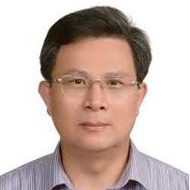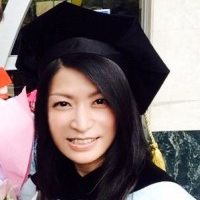Topic Menu
► Topic MenuTopic Editors


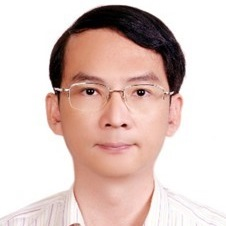
Social Sciences and Intelligence Management
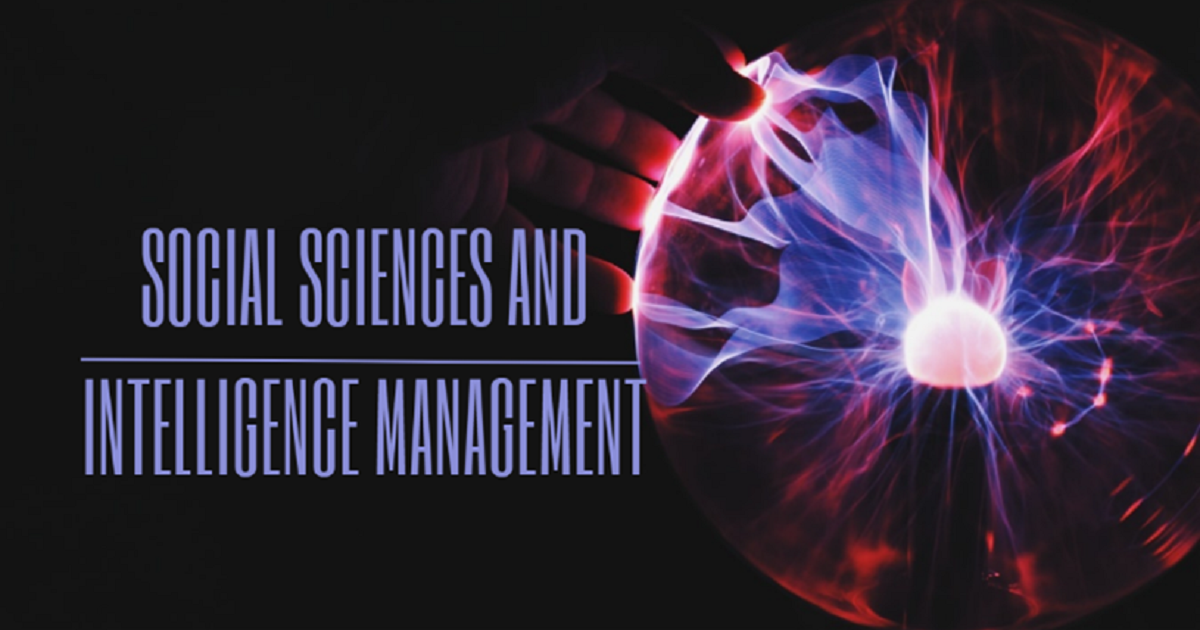
Topic Information
Dear Colleagues,
The 2nd IEEE International Conference on Social Sciences and Intelligence Management 2022 (IEEE SSIM 2022) will be held in Taichung City, Taiwan, from November 24 to 26, 2022. In the rapidly changing social environment of today’s world, science and technology have been making unprecedented changes to people’s perceptions and their ability to take on challenges. This has had a great impact on the fields of humanities, social sciences, and intelligence management. The theme of this conference is "Social Sciences in a Changing World". It aims to combine social sciences with smart management, charting a route for the changing society of today and highlighting new issues and challenges deserving of further exploration and dialog.
This topic “Social Sciences and Intelligence Management” includes five journals, the Journal of Intelligence; Societies; Social Sciences; Education Sciences, and Languages, which will publish excellent papers selected from IEEE SSIM 2022 and other high-quality papers from relative fields. This will enable the interdisciplinary collaboration of social sciences and smart management in the academic and industrial fields, as well as networking internationally.
Topics of interest include the following:
Technology, Media, and Communications:
- Journalism, media, and technology trends as well as predictions;
- Social media and communication technology;
- Artificial intelligence and its communication application;
- Documentary film direction and production;
- Advertising, marketing, and public relations;
- Communication in education.
Education and Technologies:
- Artificial intelligence and school management;
- Computer-based teaching and learning;
- Online learning;
- Wireless, mobile, and multimedia applications used in educational practice;
- Case studies of teachers’ practical experience, policy, and systems in the digital era;
- Teacher’s education;
- Linguistics and literature.
Advanced Technologies for Young Children:
- Innovative approaches to learning and teaching environments;
- Child development and care;
- Play in the digital age;
- Advanced technologies for family and community partnerships;
- Case studies of implementation and issues with advanced technologies;
- Frontier technologies.
Social Work and Technology:
- Intelligent assessment of social work;
- Impact of applications, online habits, and social media on social problems;
- Social and communication networks;
- Social work and information technology;
- ICT for social work.
Prof. Dr. Liza Lee
Prof. Dr. Kuei-Kuei Lai
Prof. Dr. Linda Pavitola
Dr. Kate Chen
Prof. Dr. Teen-Hang Meen
Topic Editors
Keywords
- media communications
- smart management
- education and technologies
- advanced technologies for young children
- social work and technology
Participating Journals
| Journal Name | Impact Factor | CiteScore | Launched Year | First Decision (median) | APC | |
|---|---|---|---|---|---|---|

Education Sciences
|
3.0 | 4.0 | 2011 | 24.9 Days | CHF 1800 | Submit |
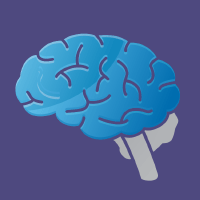
Journal of Intelligence
|
3.5 | 2.5 | 2013 | 32.8 Days | CHF 2600 | Submit |

Languages
|
0.9 | 1.1 | 2016 | 52.7 Days | CHF 1400 | Submit |

Social Sciences
|
1.7 | 3.2 | 2012 | 27.7 Days | CHF 1800 | Submit |

Societies
|
2.1 | 2.3 | 2011 | 32.6 Days | CHF 1400 | Submit |

MDPI Topics is cooperating with Preprints.org and has built a direct connection between MDPI journals and Preprints.org. Authors are encouraged to enjoy the benefits by posting a preprint at Preprints.org prior to publication:
- Immediately share your ideas ahead of publication and establish your research priority;
- Protect your idea from being stolen with this time-stamped preprint article;
- Enhance the exposure and impact of your research;
- Receive feedback from your peers in advance;
- Have it indexed in Web of Science (Preprint Citation Index), Google Scholar, Crossref, SHARE, PrePubMed, Scilit and Europe PMC.

